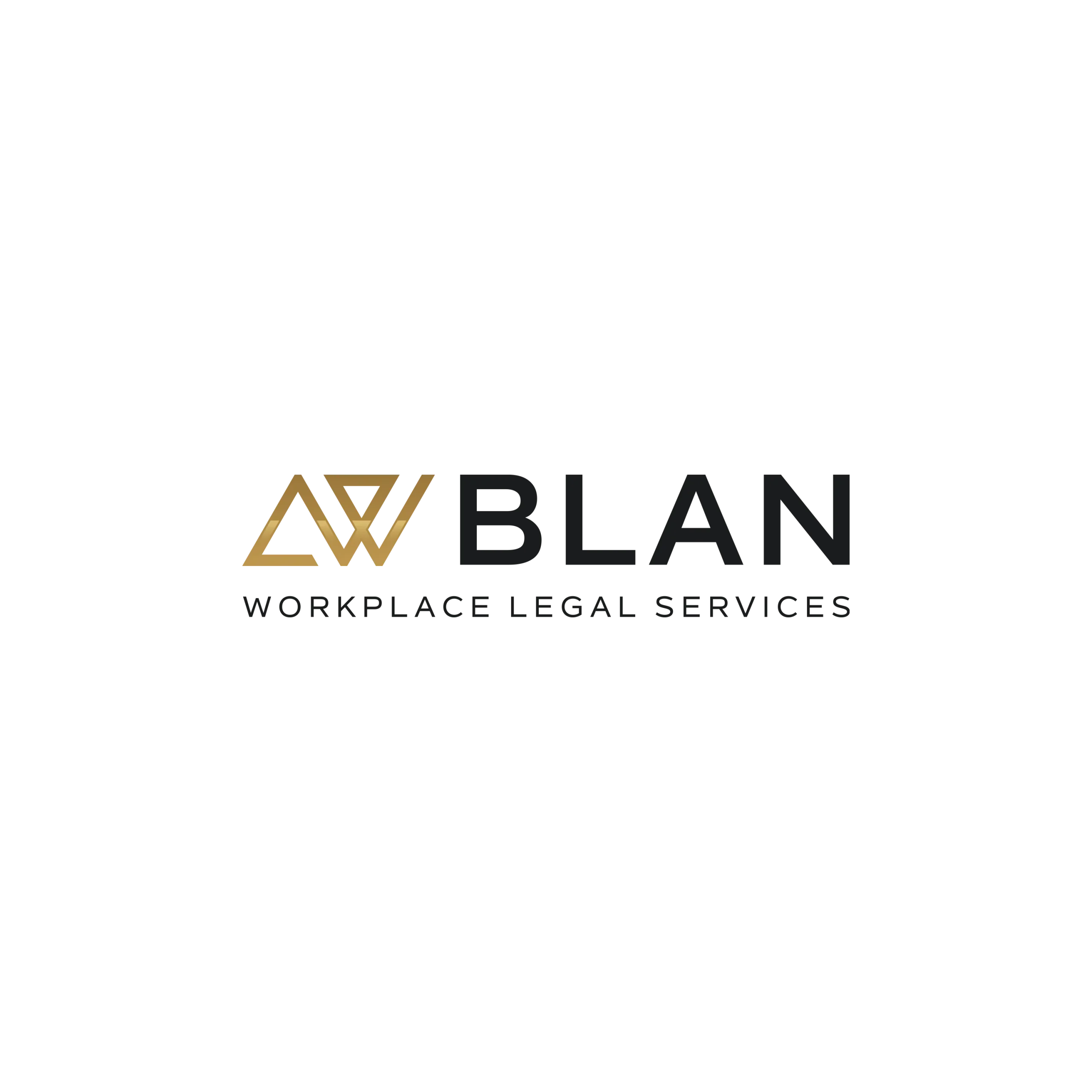Interviewing Best Practices: How to Ask the Right Questions in Workplace and Campus Investigations
The questions you ask during workplace and campus investigations are the foundation of the investigatory process. Asking clear, thoughtful questions ensures you gather accurate information without leading or pressuring witnesses. Whether you’re an HR professional or an investigator, mastering questioning techniques is essential for writing accurate and thorough reports.
Here’s some things I keep in mind when outlining and drafting interview questions:
- Start with Open-Ended Questions
Open-ended questions encourage witnesses to share detailed information instead of limiting their responses to “yes” or “no.”
- Example: Instead of asking, “Did you see the [X event]?” try, “Can you describe what you saw during [X event]?”
- Focus on Fact-Based Questions
Stick to the basics—who, what, when, where, why, and how. These questions uncover factual details without leading the witness.
- Example: “Where were you when [X event] occurred?” or “What time did you arrive?”
- Use Follow-Up Questions
Follow-up questions help clarify vague answers and dig deeper into important details.
- Example: If a witness says, “I heard shouting,” you may follow up with, “You said “shouting,” can you describe the volume and tone in greater detail? “What did you hear being said?”
- Avoid Leading or Compound Questions
Leading questions may bias a witness, and compound questions can confuse witnesses and you in understanding answers.
- Example of a Leading Question: “You were upset about [X event], weren’t you?
- Example of a Compound Question: “Did you see [X event] and how did you feel about what happened?”
It can be useful to ask questions in a neutral way and about a single fact rather than combining issues and facts into one question.
- Use Tie-Down Questions to Confirm Key Details
Before concluding interviews, use tie-down questions to confirm critical facts and ensure your understanding.
- Example: “Just to confirm, you said [X incident] occurred at 2:00 PM, correct?”
Conclusion
Effective questioning is the cornerstone of workplace investigations. By using open-ended, fact-based, and follow-up questions while avoiding leading language, you can gather accurate, unbiased information.
Need help with workplace or campus investigations? Contact A.W. Blan Workplace Legal Services at 916-333-9311 or visit www.workplacelegalservices.com to schedule a consultation.



